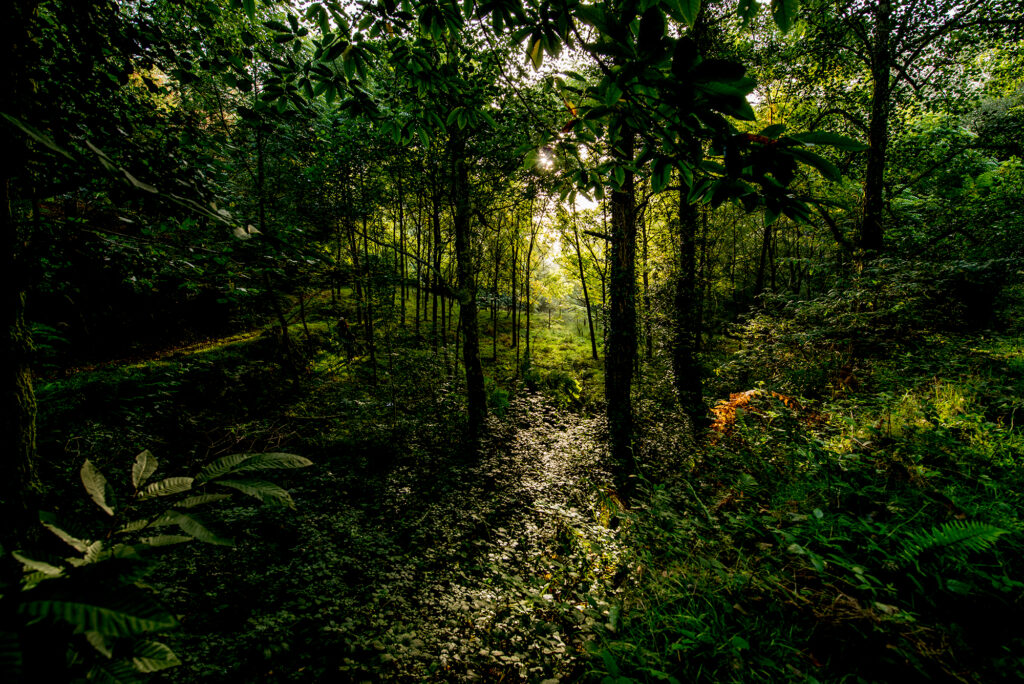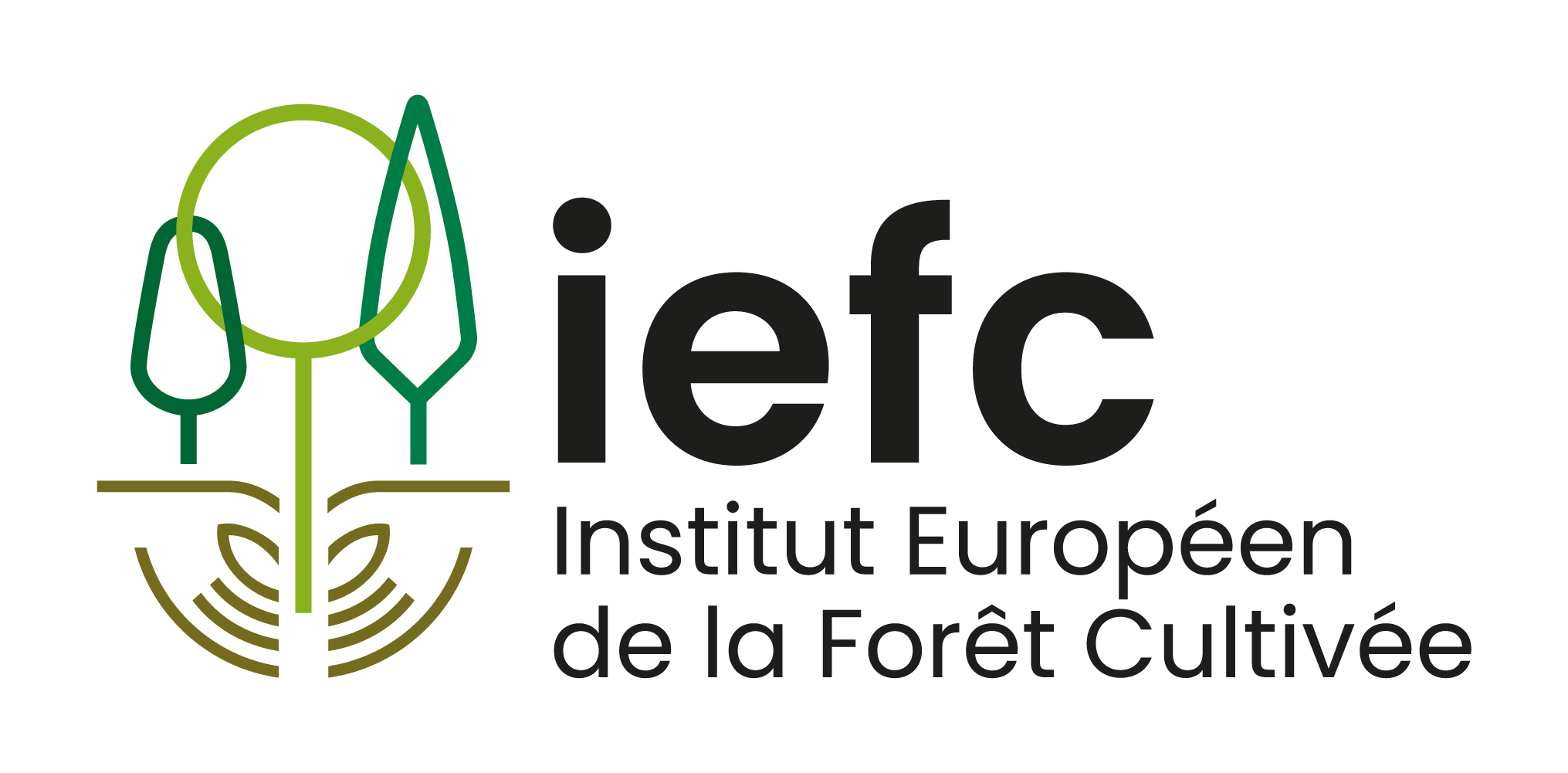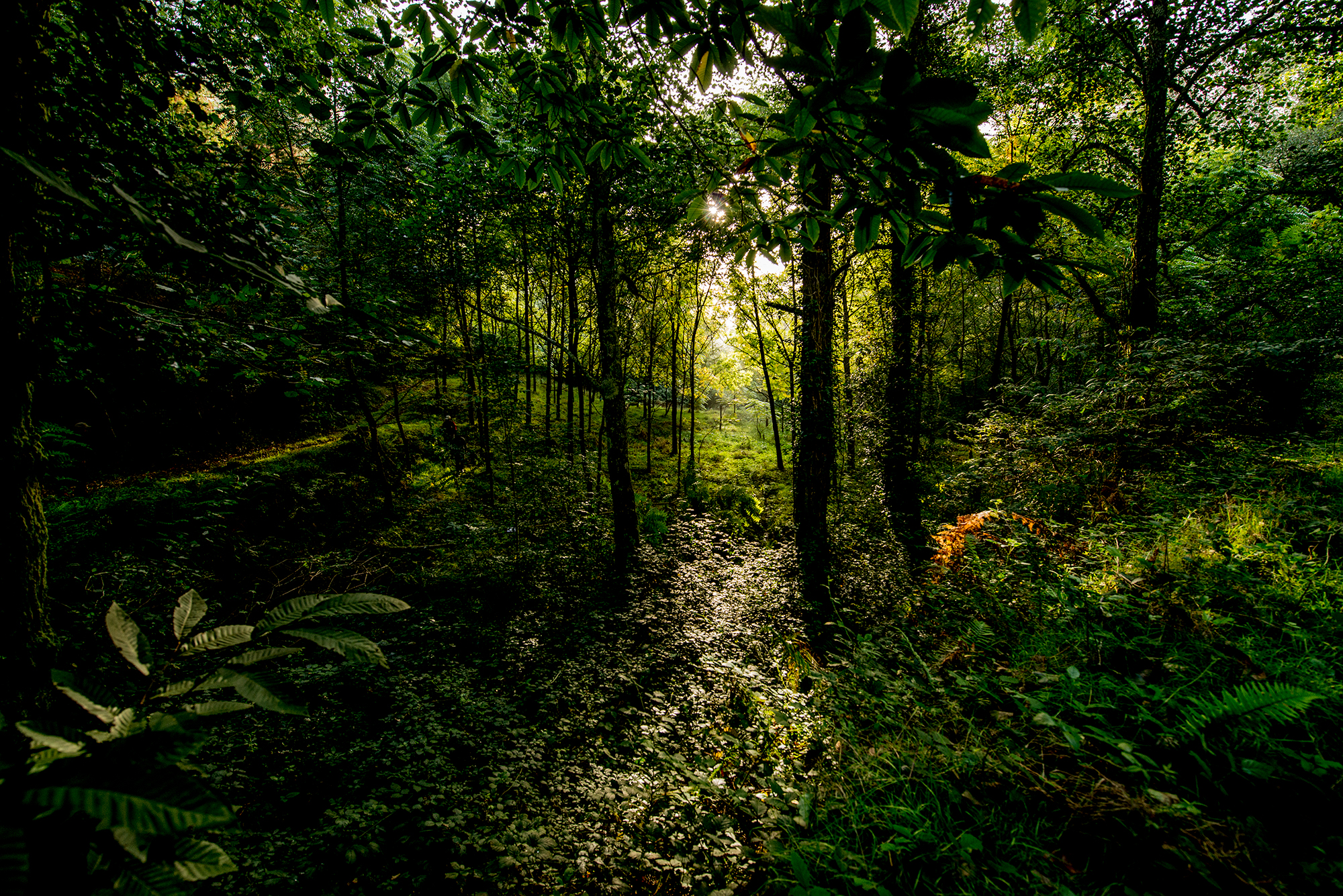
Complex forests are those in which several different species coexist or in which a single one predominates whose specimens are at different times of their development and there is a constant renewal of the species. These are forests with greater resilience to threats such as climate change or the biodiversity crisis that are also capable of providing more and better ecosystem services. The objective of the European project COMFOR-SUDOE (COMplex FORests) led by the National Museum of Natural Sciences (MNCN-CSIC) is to promote these forest masses as resilient and adaptive alternatives to threats such as global change and the decline of biodiversity.
Until 2023, the international consortium participating in the project will work in southwest Europe — Spain, Portugal and France — to promote forests that guarantee the supply of goods and services to rural and urban society, as well as the protection of their wealth. This strategy, funded by the EU’s Interreg Sudoe Programme, will help to promote ecosystem services and biodiversity protection, as well as to ensure sustainable management.
“Despite the enormous value of the goods and services provided by the mixed and irregular forests of the region and the fact that on many occasions the benefits of other simpler forest systems such as monospecific and regular areas increase and improve, we still do not know aspects of their dynamics that must be studied”,
contextualizes the MNCN researcher and project coordinator, Andrés Bravo-Oviedo.
“For example, it is necessary to deepen their mitigation capacity and risk management, such as fire prevention, and how these can affect the socio-ecological stability of these systems,” he continues.
What is the value of a forest?
In this context, Ecoacsa Biodiversity Reserve, one of the consortium partners, has prepared a report that offers a practical compendium of techniques to assess the main benefits provided by complex forests to rural and urban societies in the countries of southwest Europe. This compilation accompanies a list of 68 ecosystem services provided by these forests.
To complete this work, a tool has also been developed to support the work of policy makers and other actors involved in land management: a decision tree that will guide the team in selecting the method to economically assess the benefits of ecosystem services provided by complex forests.
“This is an essential information tool for better and more informed decisions aimed at promoting sustainable management. The great value of the multiple benefits that forests bring is often invisible from the economic point of view to the managers of the territory. Therefore, it is key that they have accessible and science-based tools that allow them to value the relevant role that forests play in local economy and social development, “
explains David Álvarez, executive director of Ecoacsa.
Both open access documents are the result of a consultation of experts and an extensive bibliographic review of 84 scientific articles carried out in Spain, France and Portugal on natural assets (resources of nature that provide goods or services for a time, such as biomass or water) and forest ecosystem services (Carbon dioxide sequestration, erosion control, maintenance of biodiversity, supply of mushrooms and berries, regulation of water quality and climate). In addition, other experiences developed in Germany, Denmark, Scotland, the United States, Finland, England, Iran, Ireland, Italy, the Netherlands, Norway, Peru, Poland and Switzerland have also been taken into account.
The results show that, of the 68 benefits or services provided by the region’s complex forest ecosystems, 29 are provision, 16 are cultural and 23 are regulation and maintenance. Depending on its suitability for each type of ecosystem service and the availability of data, each benefit has a more appropriate method for calculating its economic value, including those that estimate demand – for example, market prices, contingent value or choice experiment – and those that do not estimate demand – e.g. replacement cost, opportunity cost or avoided costs.
ABOUT THE PROJECT
The project COMFOR SUDOE (SOE4/PA/E1012) is funded by the European Regional Development Fund (EDRF) through the Interreg Sudoe Program.
The partners of the project are Agencia Estatal Consejo Superior de Investigaciones Científicas (CSIC), Agresta Sociedad Cooperativa, Centro Tecnológico Agrario y Alimentario (Itagra), Ecoacsa Reserva de Biodiversidad, Institut Européen de la Forêt Cultivée (IEFC), Institut National de la Recherche Agronomique (INRA), ISA-DRAT (Instituto Superior de Agronomia, University of Lisbon), Museo Nacional de Ciencias Naturales (MNCN), Universidad de Oviedo and Universidad de Valladolid.
Links to materials
Informe para gestores y responsables de políticas sobre métodos de valoración monetaria y no monetaria de servicios ambientales de los bosques del Sudoe https://www.comfor-sudoe.eu/wp-content/uploads/2021/09/COMFOR-deliverable-2.2.1_v1.0.pdf
Árbol de decisión de metodologías apropiadas para la valoración de servicios ambientales en bosques complejos del Sudoe https://www.comfor-sudoe.eu/wp-content/uploads/2021/09/COMFOR-deliverable-2.2.2_v1.0.pdf
For more information visit www.comfor-sudoe.eu
Paz Ferrer – Communications at Ecoacsa mpferrer@ecoacsa.com Tel. 911 252 203
Hubert Cosico – Communications at COMFOR SUDOE h.cosico@iefc.net Tel. +33535385391
Xiomara Cantera – Press Relations at MNCN-CSIC xcantera@mncn.csic.es Tel.914 111 328
Image by: Javier Lobón-Rovira

